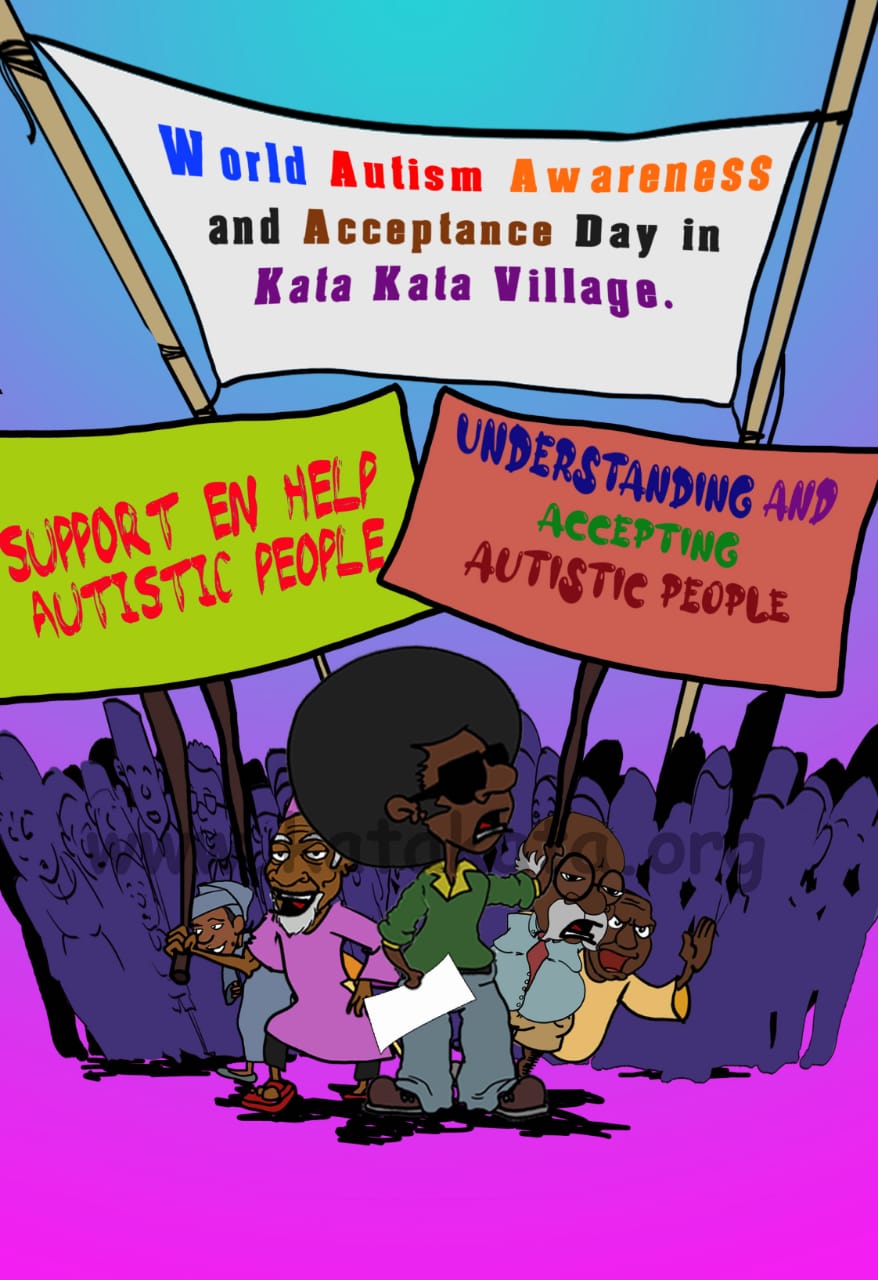World Autism Awareness and Acceptance Day.
While we celebrate World Autism
Awareness and Acceptance Day globally, everyone must disseminate the illness
and difficulties autistic patients face in society.
Formally known as an autism spectrum disorder (ASD) or autism spectrum condition (ASC), autism is a neurodevelopmental disorder
marked by a degree of confined and repetitive behavioural patterns as well as
deficiencies in reciprocal social communication. Those behavioural patterns can
manifest in difficulties with social interaction and verbal and nonverbal
communication, along with perseverative interests, stereotypic body movements,
rigid routines, and hyper- or hypo-reactivity to sensory input.
Clinically, autism is regarded as
a spectrum disorder, meaning it can manifest differently in each
person; it shows different signs in different people. For example, some
autistic people have nonspeaking symptoms, while others have proficient spoken
language signs.
Traditionally, Psychiatry has
generally classified autism as a mental disorder. However, the Autism Rights
Movement and many other researchers see autistic victims as part of
neurodiversity, the inherent variety of human thought and experience, with its advantages,
disadvantages, and variations. Although the Autism Rights Movement and numerous
researchers believe that autistic individuals often have some disability,
unlike Psychiatrists, they think that the disability may not be traced to the
person but sometimes to the systemic structures of society.
According to research, autism is
mainly genetic. However, many genes are involved, and environmental factors
equally play a significant role. Although the sickness has both environmental
and genetic origins, genetic factors play a significant role. That said, the
syndrome frequently co-manifest with other conditions, such as epilepsy and
attention deficit hyperactivity disorder. It is a neurodevelopmental disorder
characterised by executive dysfunction with symptoms like hyperactivity,
impulsivity, emotional dysregulation, inattention, etc.
Children with autism can benefit
from early intervention and support based on applied behaviour analysis (ABA) to develop language, social, and self-care
skills; however, independent living is unlikely in several circumstances.
While some in the Autism Rights Movement view ABA therapy as unethical and ineffective,
other forms of occupational and speech therapy, as well as augmentative and
alternative forms of communication, are successful complementary therapies.
Pharmacological interventions may be helpful.
Despite various help available to
autistic victims, the best help we can offer them is a sense of acceptance and
belonging. They are part of the larger society, and we must create an
environment conducive to this feeling.
Kata Kata Village is taking the lead in this noble direction. Join us as
we celebrate World Autism Awareness and Acceptance Day in Kata Kata Village.

